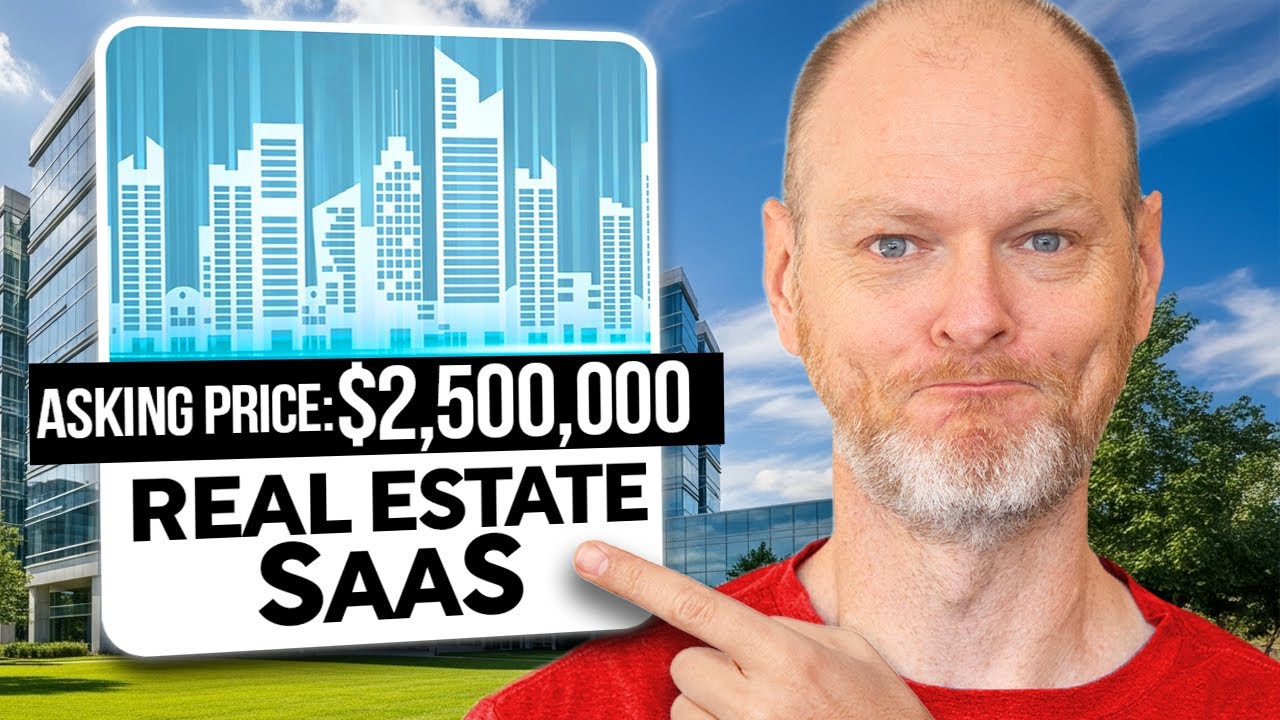Bathroom Partition Business for Sale: a $2.5M EBITDA deal
.png)
Bathroom Partition Business for Sale: a $2.5M EBITDA deal
In this episode we review a company that manufactures high-end bathroom partitions. The business, which has been garnering significant interest, operates in a niche market with impressive financial metrics.
In this episode we review a company that manufactures high-end bathroom partitions. The business, which has been garnering significant interest, operates in a niche market with impressive financial metrics.
The Business at a Glance
The company under discussion specializes in the manufacture and installation of high-end, custom bathroom partitions. These aren't your typical, run-of-the-mill partitions; they cater to a higher-end market, offering bespoke solutions for clients willing to pay a premium for quality and customization. This focus on the upscale segment is a significant factor behind the company's robust margins and growing interest among potential buyers.
Bill highlights this point, noting, "I would be willing to bet when you dig into this, this is very much the higher end custom end of the market." This assertion is supported by the business's financial performance, which boasts an EBITDA of $2.5 million and a reasonable asking multiple of 4.4x, translating to a purchase price of $11 million.
Manufacturing vs. Installation: The Value Proposition
A critical aspect of the business model discussed by the hosts is the balance between manufacturing and installation services. Bill raises an essential question: "How much of this is manufacturing and how much of this is install?" The distinction is crucial because it influences the scalability and geographic reach of the business.
If the company's value proposition leans heavily on turnkey installation services, its market might be more locally constrained. However, if the primary value lies in manufacturing high-quality partitions that can be shipped and installed by third parties, the business could potentially expand its reach nationwide. Understanding this balance is vital for any potential buyer looking to assess the scalability of the business.
Competitive Advantages and Market Position
We also discuss the competitive advantages that come with the company's focus on the high-end market. Michael Girdley points out, "I think this is very much the higher end custom end of the market." This specialization allows the company to command higher prices and maintain substantial margins, which is less feasible in the commoditized, low-end segment dominated by cheaper imports.
Additionally, the company benefits from its reputation and relationships within the industry. Mills adds, "If you can get in, it's great because it's a moat." The ability to secure specifications from architects and contractors for high-value projects, such as schools and law firms, creates a significant competitive barrier for potential entrants.
Location and Its Implications
The company's location in Orange County, California, also plays a crucial role in its operations and attractiveness. While this prime location offers access to a wealthy customer base and a pool of skilled labor, it also comes with higher operating costs. The hosts discuss the potential impact of relocating the business to a lower-cost area, such as Phoenix, to improve margins further. However, they also acknowledge the risk of losing employees due to increased commuting distances, which could disrupt operations and affect service quality.
in the market with confidence.
Strategies for Prospective Buyers
For those interested in acquiring this business, the hosts provide several strategic recommendations:
- Understand the Seller’s Motivations: Michael emphasizes the importance of understanding what the seller is solving for, whether it's price, certainty of close, or taking care of employees. Tailoring your approach to meet these priorities can significantly enhance your chances of a successful acquisition.
- Build Trust and Expertise: Mills suggests asking specific, informed questions to demonstrate your understanding of the business. This can help build trust with the broker and the seller, positioning you as a serious and knowledgeable buyer.
- Speed and Certainty: Bill points out that first-time buyers often underestimate the value of speed and certainty. Simplifying the financing process and reducing contingencies can make your offer more attractive, even if it’s not the highest bid.
- Local Presence and Commitment: The hosts agree that showing up in person, especially if you’re from out of town, can send a strong signal of commitment and seriousness. This tactic can help differentiate you from other potential buyers who may rely solely on remote communication.
- SBA financing: Heather mentioned that she assists searchers by providing a detailed pre-qualification letter. This letter indicates that the offer is financeable by multiple banks, which helps mitigate concerns about relying on SBA financing. She noted that while some buyers might initially present themselves as cash buyers, they often end up using SBA loans to avoid tying up all their cash.
Final Thoughts:
The high-end bathroom partition business discussed in this episode of "Acquisitions Anonymous" offers a fascinating glimpse into a niche market with substantial potential. By focusing on quality, customization, and strategic relationships, the company has carved out a profitable and defensible position. For prospective buyers, understanding the nuances of the business model, market dynamics, and seller priorities will be key to successfully acquiring and growing this unique enterprise.
Episode Transcript
More Episodes

We Buy Gold Business Model Explained: Why This Deal Is Risky
In this episode, the hosts dissect a high-revenue, fast-scaling precious metals buyer that might be both a goldmine and a landmine—complete with potential regulatory issues, cash-heavy operations, and lending red flags.

Why This $2.5M SaaS Deal Could Be a Hidden Gem (or a Trap)
In this episode, the hosts dive into a Florida-based SaaS company in the real estate sector that's priced to sell—but bleeding revenue.

Ohio Treehouse Resort Business for Sale – Full Breakdown
In this episode, the hosts break down a mysterious $10.5M luxury treehouse Airbnb resort in Ohio and debate whether it’s a dream deal or a distressed dud.
